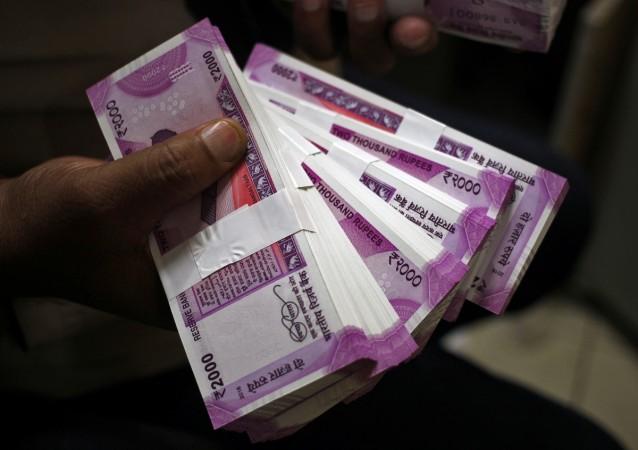
Criticising Prime Minister Narendra Modi's demonetisation move, the chief global strategist of Morgan Stanley, Ruchir Sharma, on Monday said that black money would again regenerate in the Indian system in the absence of changes in institutions. Sharma was of the opinion that India could have opted for a less radical step than creating an economic chaos.
"Scrapping large bills may destroy some hidden wealth today, but the black economy will start regenerating itself tomorrow in the absence of deeper changes in the culture and institutions that foster it," Sharma said in a blog post in the Times of India on Monday.
"India cannot expect to leapfrog up the development ladder simply by purging black money from its system. Certainly no other nation has done it that way," he added.
Giving economic rationale behind his argument, the author of 'Breakout Nations' said like other low-income countries, India is cash dependent, but not outrageously so.
"Cash in circulation amounts to 12 percent of GDP, somewhat higher than the emerging world norm, but not out of line with even countries like China and Thailand where the number is around 10 percent of GDP," he said.
Black economy in India is less than nations with higher per capita income like Mexico and Russia.
On tax to GDP ratio, Sharma pointed out that it stood at 16 percent of GDP, higher than other emerging economies. Even, bank deposits to GDP ratio of 60 percent is strong for a country like India and is comparable with Poland and the Czech Republic.
Saying corruption and per capita income has an inverse relationship, the investment banker said the move was ill-timed as India had already improved its rank to 76 in Transparency International's ranking of the most and least corrupt nations.
"It might be more satisfying to punish shady fortunes, but revenge is not a development strategy. Only as a nation gets less poor do corruption, black money and the role of cash decline. There is no shortcut," Sharma said in the report.








